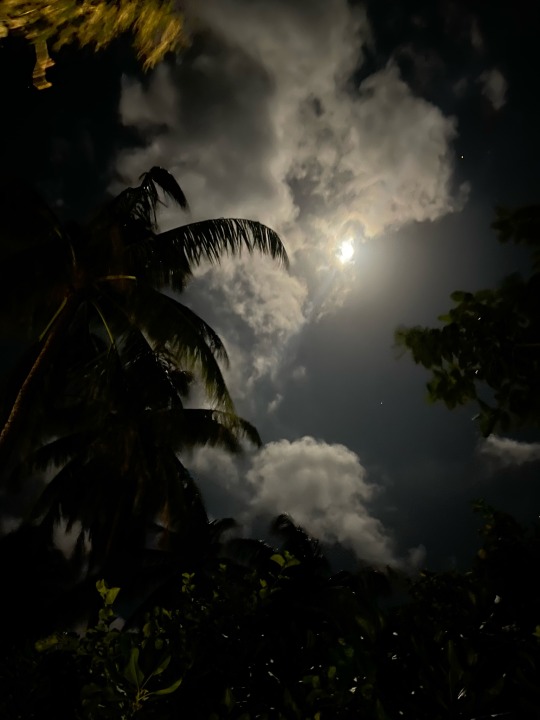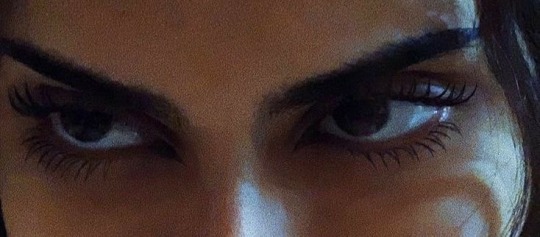Text
youtube
'Al Rozana / عالروزانا
Like the majority of Palestinian folk songs, 'Al Rozana, which translates to onboard the Rozana, has a multitude of stories about its origin. One thing remains true, however, is that the Rozana is the name of a ship that carried produce to the region like apples and grapes.
One version of the story depicts the ship as belonging to the Ottomans who wanted to harm local farmers by selling the produce with cheaper prices. Another version of the story is surrounding how this ship was meant to provide aid during the Great Famine of Mount Lebanon in 1914. Another version claims that the song is about the Italian ship, the Rosanna, which carried produce that, upon arrival to the region, had gotten spoiled, among many other stories.
Despite that, 'Al Rozana kept its first verse unchanged across the years. The first verse has been adopted by many artists across the region who added to it to create new versions of the song, each invoking a different set of emotions associated with the lyrics of their choice.
The main verse of the song (below) is iterated by a person whose loved one had boarded the Rozana on their way to Aleppo, which cements one truth amongst the many possible background stories: the Rozana refers to a ship carrying produce which was heading to Aleppo at the time:
عالروزانا عالروزانا كل الهنا فيها
شو عملت الروزانا الله يجازيها
يا رايحين ل حلب حبي معاكم راح
يا محملين العنب تحت العنب تفاح
كل من وليفه معه وأنا وليفي راح
يا ربي نسمة هوى ترد الولف ليا
On board the Rozana
Bliss is onboard the Rozana
By God, what has the Rozana done?
Oh you who are departing to Aleppo
My beloved is amongst you
Oh you who carry crates of grapes
Underneath it lie apples
Everyone is accompanied by their loved ones
Except my loved one is gone
By God, may my beloved return with the sea breeze
Considering its origin, noted 'Al Rozana performances come from across the levant region with Lebanon’s Fairuz, Syria’s Sabah Fakhri and Palestine’s Lena Chamamyan, with a more recent remake of it by Gaza’s Sol Band.
Throughout its history and to this day, 'Al Rozana stands as a stark reminder of the region’s history, its wistful tune remaining the same across the many renditions, summoned by aches of separation. 'Al Rozana is usually sung by mothers and wives who are longing for their children or husbands who are in Israeli captivity or are in exile.
More songs are shelved at my (humble but growing) Palestine folk music library.
100 notes
·
View notes
Note
“Israel investigates claims of war crimes perpetrated by its troops” reads to me exactly the same as something like “Charles Manson investigates claims of serial murder perpetrated by his followers”
You're not wrong. They do just think we're all stupid.
26 notes
·
View notes
Text
All the reports coming from Rafah from the early hours of April 29 are literally identical: "Israel targeted the house of [family name]"
The same title, over and over again.
All within a couple of hours last night, three family homes in Rafah have been struck, killing at least 20, the majority of whom are women and children.
We now know about Project Lavender and we know about Israel's constant surveillance of Gaza so when I tell you that Israel had targeted civilian homes last night in Rafah, you know that there is absolutely no room for questioning Israel's intent here and always.
3K notes
·
View notes
Text
just came across this beautiful rendition of siúil a rúin by irish-palestinian artist roisin el cherif. this song has always been close to my heart, especially after it's use in the nightingale, a film that explores the (ongoing) colonial violence on the island that i call home.
i really love the way that she weaves the arabic language into this song, as well as the influences from both irish and palestinian styles of music.
all the proceeds of the release are being donated to the doctors without borders gaza emergency regional fund so if you love her rendition as much as i do i would really recommend purchasing it on band-camp (i've linked it above).
418 notes
·
View notes
Text
"Our new camp in Rafah, after our third displacement, is located in a graveyard near the Egyptian border. Each day the tents of new arrivals – of those forcibly displaced by Israeli attacks – creep closer to the graves.
After every Israeli massacre, both graveyard and camp expand, crawling toward the outer edges of the desert.
We’ve been here since December 2023. Nine of us share a tent that is 16 square meters.
We are in the desert, but sometimes it does not feel that way because of the density and the near-constant sounds of Israeli explosions and drones.
There are so many people in the camp, all of us in tents that do not protect from heat or cold.
Winds sometimes uproot tents. There are stray dogs everywhere. Every day we line up for drinking water. Sometimes the water runs out and we return to our tents empty-handed.
My family’s tent is in the middle of the camp. Next door is a medical point that supports those who have been displaced here.
I’ve seen doctors stitch up children’s wounds with care. Often there is no local anesthesia, so the doctors compensate with extra warmth and smiles. An elderly woman came to the tent for treatment for a chronic condition. They treated her with kindness. They did not have much medicine for her.
Since medical supplies are scarce, the doctors use what they have on hand.
We are being annihilated. We are running out of options. The north and south are separated, and communication is cut off. I used to hope that I would see friends and family in the north again, but now I just don’t know.
After this war ends, where will we go? Israel has destroyed our homes, and our favorite places no longer exist."
22 April 24
72 notes
·
View notes
Text
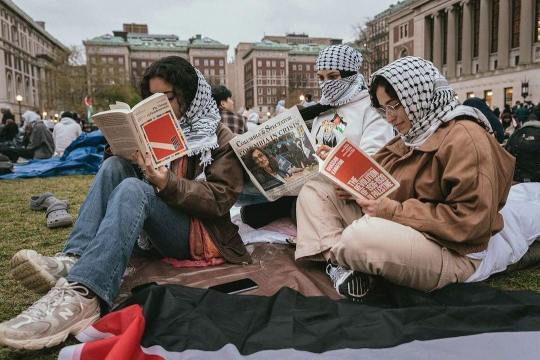
Columbia University students at the Gaza solidarity encampment reading Wisam Rafeedie's The Trinity of Fundamentals and Ghassan Kanafani's The Revolution of 1936–1939 in Palestine (ph. Ian Bartlett).
9K notes
·
View notes
Text
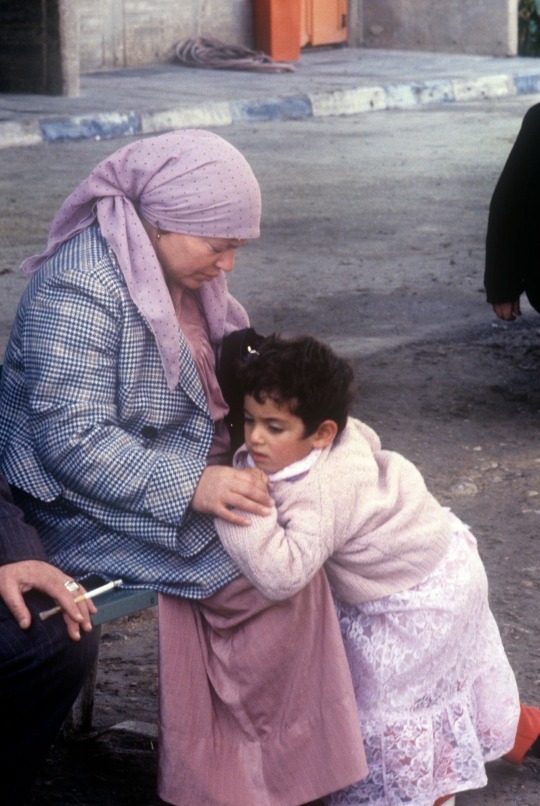
“Palestinian little girl resting on the knees of a woman.”
Photographed by Sergio del Grande, 1979.
1K notes
·
View notes
Text
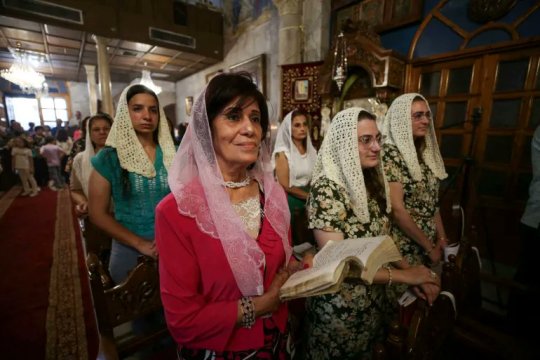


palestinian orthodox christians celebrating palm sunday in gaza today, via quds news network
837 notes
·
View notes
Text
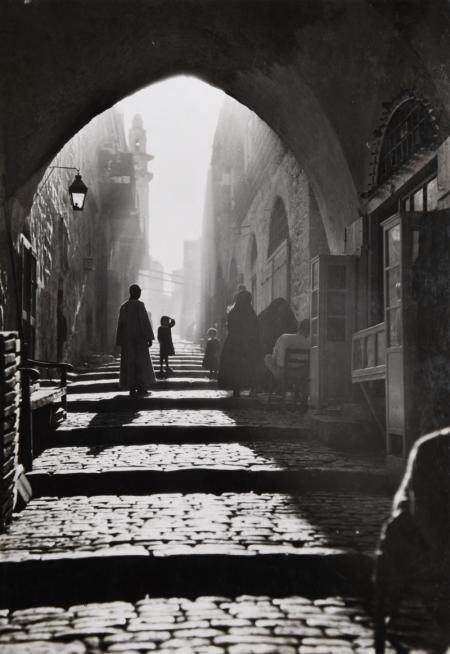
Maynard Owen Williams. Street scene, Jerusalem, Palestine. 1930s
904 notes
·
View notes
Text

A couple crossing the Dubai Creek on a foggy day, 1967.
1K notes
·
View notes






